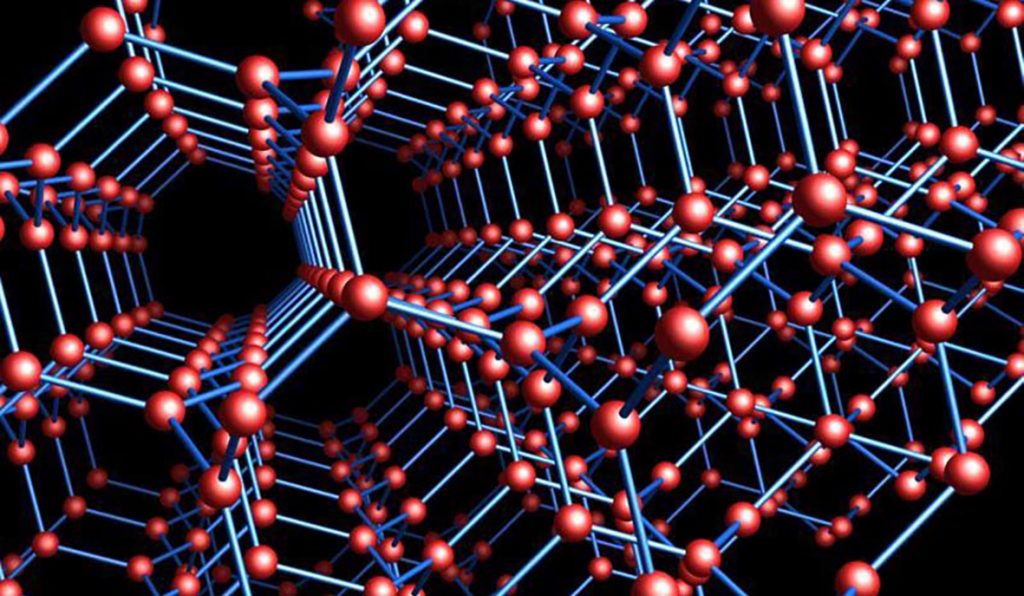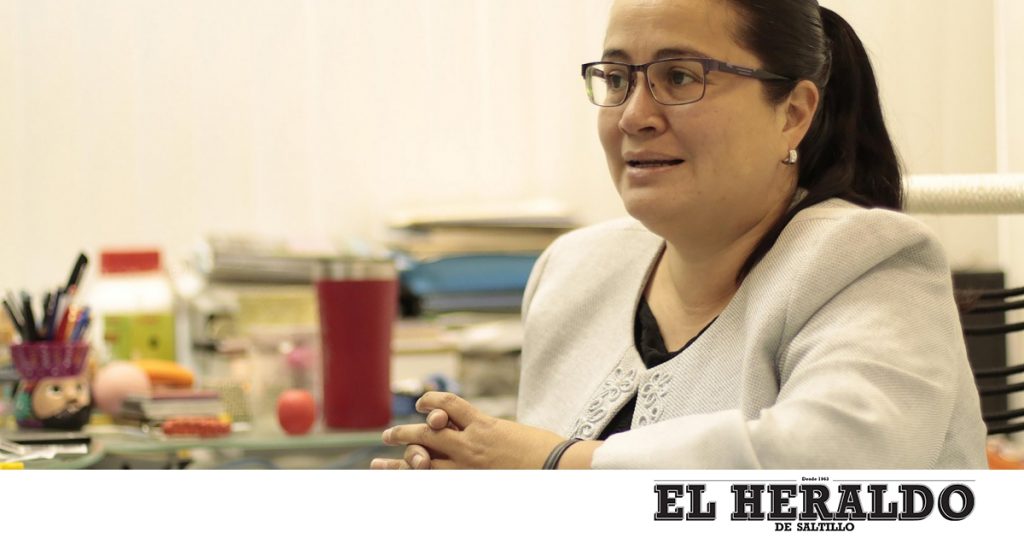
With the aim of taking advantage of all that is available, the Faculty of Chemical Sciences of the Autonomous University of Coahuila is implementing a project in which nanomaterials are obtained from agricultural and industrial waste.
Nanomaterials are an increasingly important product in nanotechnology and contain nanoparticles, with a size not exceeding 100 nanometers in at least one dimension.

Dr. Catalina Pérez-Berumin is in charge of the research, is a Research Professor at the Faculty of Chemical Sciences, holds a PhD in Materials Science and Engineering (Macromolecular Chemistry) from the National Polytechnic Institute of Grenoble in France and is part of the Organic Institute. Academic Body of Chemistry with Research Line (LGAC): Green Chemistry, in Synthesis.
Perez-Berumene noted that the highest university was interested in cellulosic waste, so it worked on recycled paper from the offices of the same university, as well as testing it with walnut shells.
To obtain the nanomaterials, he stated that through a chemical process, a cellulose molecule present on a sheet of paper is finely divided and divided in such a way that particles of cellulose, which is a polymer, are obtained.

After that, all cellulose nanocrystals are separated to obtain them and can be used as reinforcers in traditional materials such as plastics, and he indicated that they have already been used in the university as materials to reduce pollution and eliminate pigments in wastewater.
Finally, he stressed the importance of the use of waste, as materials are obtained from it and which can be used in an infinite number of things, which is of benefit to society. (The Herald)







More Stories
“Those who go to museums but do not see an oak tree in the countryside should blush.”
Michoacana Science and Engineering Fair 2024, When the Call Ends – El Sol de Zamora
Dr. Miguel Kiwi, winner of the National Science Award, gives his opinion on nanoscience in Chile